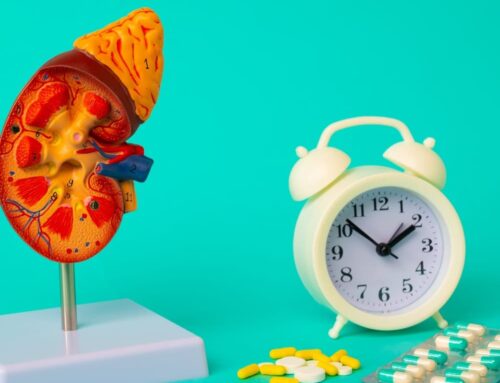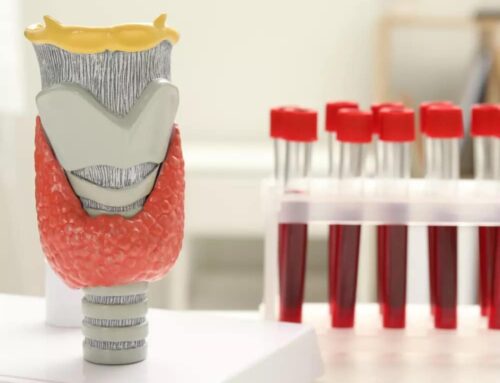In the wake of the tragic death of Orioles prospect Steve Bechler, linked to the consumption of an herbal supplement containing ephedra, a fierce debate has erupted within the health and sports industries regarding the safety and implications of this controversial substance. Representatives from the herbal supplement industry argue that ephedra is safe when used properly, dismissing claims that it played a role in Bechler’s fatal heatstroke.
Steve Bechler, a 23-year-old promising baseball player, tragically collapsed during workouts at the Orioles spring training camp and passed away a day later. Ephedra-containing pills were discovered in his locker, leading the local medical examiner to strongly suspect the substance’s involvement and advocate for its prohibition in Major League Baseball.
However, the Ephedra Education Council of the American Herbal Products Association vehemently defends the safety of ephedra when used as directed. Dr. Carlon Colker, a physician and medical director, argued that ephedra only contributes a fraction of the body heat generated during strenuous exercise and contended that scientific research supports its safe consumption.
Richard Kreider, chairman of the Exercise and Sport Nutrition Laboratory at Baylor University, emphasized the need to consider other factors, such as Bechler’s weight, medical history, and lack of acclimatization to high humidity, when investigating the circumstances of his death. Kreider expressed skepticism that ephedra could have been a primary factor.
The supplement Bechler was taking, Xenadrine by Cytodyne Technologies, is marketed as a weight-loss aid and is a member of the Ephedra Education Council. Given that ephedra-containing products are not regulated by the FDA, concerns arise about adverse effects not being adequately reported to the government.
A study published in the New England Journal of Medicine in 2000 implicated ephedra in various adverse effects, including hypertension, palpitations, strokes, and seizures, some of which were fatal. Additionally, a review of poison-control center reports showed a disproportionate rate of complaints related to ephedra-containing products, prompting calls for restrictions or a ban on their sale.
The U.S. Health and Human Services Department has commissioned the Rand Corp. to review ephedra, and the FDA is contemplating reclassifying it as a drug. The Ephedra Education Council opposes reclassification, advocating for continued accessibility and usage of the supplement without requiring a doctor’s prescription.
Wes Siegner, the general counsel for the Ephedra Education Council, emphasized the importance of diet and exercise for weight loss but acknowledged that some Americans may require additional support. He urged consumers to await the findings of the Rand review before making decisions about discontinuing ephedra consumption.
In conclusion, the controversy surrounding ephedra highlights the need for further research and regulatory measures to ensure the safety and appropriate usage of this popular herbal supplement, particularly within the realm of sports and weight loss. As the debate continues, the industry, medical professionals, and regulatory bodies grapple with finding a balanced approach to mitigate potential risks associated with ephedra.








